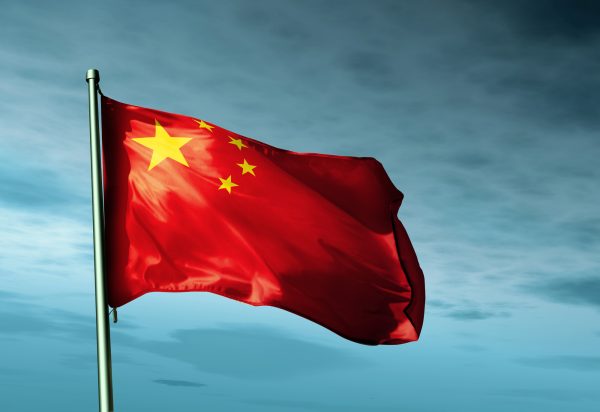Illegal rosewood trade between China and Mali under investigation
Bamako, Mali:
Since 2018, Mali has become one of the largest suppliers of rosewood to China, through the export of Pterocarpus erinaceus – commonly identified as “kosso,” or “keno,” a species the trade of which is regulated by the Convention on International Trade in Endangered Species of Wild Fauna and Flora (CITES).
The Environmental Investigation Agency (EIA)’s findings indicate that China has imported the equivalent of half a million kosso trees from Mali – worth approximately USD 220 million, between January 2017 and January 2022, a large portion of it being the product of illegal harvesting or illegal export.
The relentless timber poaching in the Southern forests of Mali has resulted in a significant decline of the species.
EIA’s reports on Nigeria, Ghana, Guinea-Bissau, and The Gambia have shown how Illegal and unsustainable trade in Pterocarpus erinaceus has persisted despite its listing on Convention on International Trade in Endangered Species of Wild Fauna and Flora (CITES).
Thorough research indicates that most, if not all, of the trade in Pterocarpus erinaceus from West Africa to Asia has taken place in violation of the Convention. According to EIA’s analysis, as of April 2022, this represents a total of over 3 million tons and more than 2 billion dollars of illegally traded rosewood between West Africa and China.
EIA’s new findings, presented in the Poached Timber report, highlight the importance and urgency of a regional solution to the rosewood crisis.
The report focuses on Mali, a country that has faced two coups since June 2020 and a jihadist insurgency. EIA’s investigators found that trafficking networks have established deep roots in the country. Illegal and unsustainable trade appears to be the norm rather than the exception.
“EIA’s findings also indicate that invalid CITES export permits (with some critical information missing) have been commonly used to export rosewood from Mali to China. Illegal rosewood trade has also been a conduit for ivory trafficking, in particular facilitating the smuggling of Gourma elephant (Loxodonta africana) tusks to China,” the report said.











